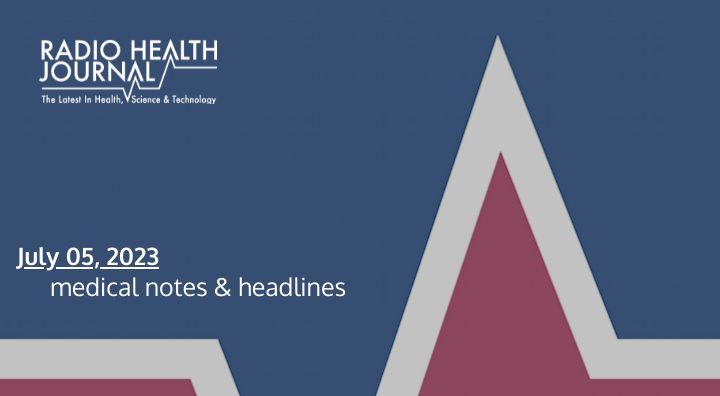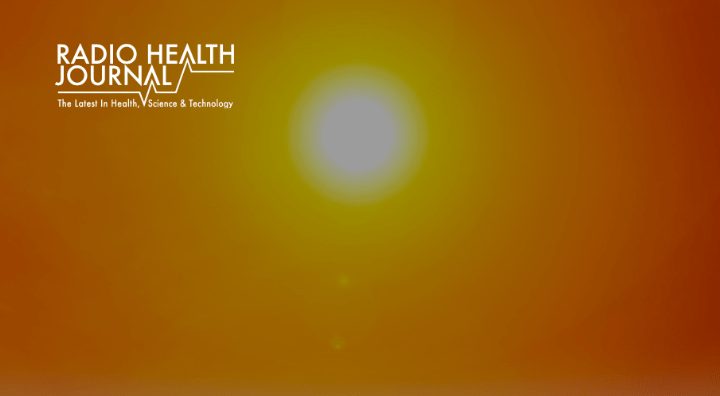Explorers and scientists have been looking for the fountain of youth for thousands of years. Now there’s speculation they may have found an aging inhibitor in a generic HIV drug called Lamivudine. A study in the journal Nature shows that mice who are equivalent to 75 years old in human terms experienced dramatically reduced inflammation and other signs of aging when they received the drug. Lamivudine was approved for treating HIV in 1995. Scientists say they’re anxious to start human anti-aging trials.
Speed limits on highways are usually set as a result of engineering studies. But some local governments override those recommendations, believing that the lower the limit is, the safer the road will be. A new study in the journal Accident Analysis and Prevention shows that’s only partially true. Crashes are reduced when a speed limit is set five miles per hour lower than recommendations… but setting the speed limit 10, 15, or 25 miles per hour lower actually increases both total crashes and fatal crashes because so many drivers completely ignore the limit.
And finally… educators have long sought ways to get girls more interested in science. Now a study in the journal Psychological Science has some tips. The study shows that suggesting “let’s do science” is much more effective at getting girls engaged than suggesting “let’s be scientists.” Researchers say pervasive stereotypes, even among the young, torpedo the idea that very many girls ever do become scientists.











Leave a Reply